Helpful Resources for People with IDD in MN
Find links to state and national disability organizations and agencies, NCSI’s advocacy partners, as well as helpful information to help you learn about the policy areas impacting people with disabilities, particularly those with IDD in Minnesota.
State and National Organizations and Agencies
The following is a list of links to state and national organizations and agencies that support and advocate for people who have intellectual and developmental disabilities:
Arc Minnesota: A private, non-profit, statewide voluntary organization that supports and advocates for people with intellectual and other developmental disabilities and their families as they choose how they live, learn, work and play (https://arcminnesota.org).
Minnesota Consortium for Citizens with Disabilities: A broad-based coalition of more than 100 organizations of persons with disabilities, providers and advocates, dedicated to improving the lives of people with disabilities (www.mnccd.org).
Minnesota Council on Disability: A state agency that advises, provides technical assistance, collaborates and advocates to expand opportunities, improve the quality of life and empower all persons with disabilities (https://www.disability.state.mn.us).
Minnesota Disability Law Center: A state-wide project that provides free civil legal assistance to individuals with disabilities on legal issues that are related to their disabilities (www.mylegalaid.org).
Minnesota Governor's Council on Developmental Disabilities: A 25-member council appointed by the governor that provides information, education, and training to build knowledge, develop skills, and change attitudes that will lead to increased independence, productivity, self determination, integration and inclusion (IPSII) for people with developmental disabilities and their families (The Minnesota Governor's Council on Developmental Disabilities (mn.gov)).
Ramsey County Social Services – Aging & Disability Services/MNChoices: Provides social services to Ramsey County citizens, including assessments and case management for people with intellectual and developmental disabilities considering day support and employment services (https://www.ramseycounty.us/your-government/departments/health-and-wellness/community-human-services).
State Services for the Blind of Minnesota: A division of the Minnesota Department of Employment and Economic Development (DEED), offers tools and training for employment and for helping seniors remain independent and active. They assist Minnesotans who are blind, DeafBlind, losing vision, or who have another disability that makes it difficult to read print (State Services for the Blind (SSB) / State Services for the Blind (mn.gov).
Vocational Rehabilitation Services: A division of the Minnesota Department of Employment and Economic Development (DEED), provides support for people with disabilities seeking employment (People with Disabilities (Vocational Rehabilitation Services (VRS)) / Minnesota Department of Employment and Economic Development (mn.gov)).
Advocacy Partners
NCSI partners with advocacy organizations to educate the public and our legislators about the issues that are important to people with intellectual and developmental disabilities and their service providers. These organizations are:
MOHR: NCSI is a proud member of MOHR (Minnesota Organization of Habilitation and Rehabilitation). MOHR is comprised of 100+ member organizations that provide Day Support and Employment services for more than 26,000 people with intellectual and developmental disabilities across Minnesota (mohrmn.org).
Best Life Alliance: NCSI is an active participant with the Best Life Alliance, a nonpartisan coalition of more than 130 organizations, people with disabilities, families and supporters across Minnesota that advocate for available, stable and sustainable Home and Community-based Services (HCBS) (Advocacy - ARRM).
ANCOR: NCSI is a proud member of ANCOR (The American Network of Community Options and Resources), a national, nonprofit trade association representing more than 1,600 private community providers of services to people with disabilities (ancor.org).
Policy Areas
NCSI follows these policy areas closely and we are involved with other disability service organizations and advocates to help analyze and advocate for policy changes that benefit the people we serve and their families, staff members, and broader disability services. These links will help you understand the issues:
Direct Support Professional (DSP) Workforce Crisis - Learn more on the DSP Workforce Crisis that is affecting disability service organizations nationwide and across Minnesota:
ANCOR’s DSP Workforce webpage (DSP Workforce | ANCOR).
Institute on Community Integration at the University of Minnesota’s direct support workforce webpage (Direct support workforce | Institute on Community Integration (umn.edu).
Disability Waiver Rate Setting Methodology - In 2007, the Centers for Medicare and Medicaid Services informed Minnesota that its four disability waivers were out of compliance with federal requirements for uniform rate distribution methods and standards. These include the Brain INjury (BI), Community Alternative Care (CAC), Community Access for Disability Inclusion (CADI), and Developmental Disabilities (DD) waivers. In January 2014, the Minnesota Department of Human Services established what is now known as the Disability Waiver Rate System. This system must continue to be strengthened such that it more accurately reflects the true cost of providing access to meaningful employment and day support services for Minnesotans with disabilities as well as the critical role of the Direct Support Professionals who provide those hands-on supports.
Home and Community Based Services Final Rule - This rule addresses several sections of Medicaid law under which states may use federal Medicaid funds to pay for home and community-based services (HCBS). The rule supports enhanced quality in HCBS programs, adds protections for individuals receiving services, and reflects that individuals receiving supports through HCBS have full access to the benefits of community living and are able to receive services in the most integrated setting appropriate to their needs. Learn more about Minnesota’s Statewide Transition Plan to bring settings into compliance with the federal HCBS regulations: Home and Community Based Services Rule transition plan / Minnesota Department of Human Services (mn.gov).
Minnesota Employment First Policy - The MN Department of Human Services released its Employment First Policy as part of its Olmstead Plan. Employment First has four core values: that employment is the first and preferred outcome for working-age people with disabilities; people with disabilities are competitively employed or self-employed; employees with disabilities earn at least minimum wage and benefits; employees with disabilities are fully integrated into the workplace and interact with co-workers, customers and the public. The plan includes additional sections on informed choice around employment including benefits of work, exploration and support, work experience and employer engagement, as well as state agency requirements and quality assurance. Learn more about Minnesota’s Employment First Policy: Minnesota Employment First Policy / Minnesota Department of Human Services (mn.gov).
Olmstead Plan - As a result of a U.S. Supreme Court decision, states were required to develop an Olmstead Plan that outlines how people with disabilities will have choices about where they live and are served in community settings suitable to their needs and desires. This involves developing plans for employment, housing, transportation, healthcare, etc., in the most integrated settings. Learn more about Minnesota’s implementation of the Olmstead Plan: Minnesota Olmstead Implementation Office / Minnesota Olmstead Implementation Office (mn.gov).

